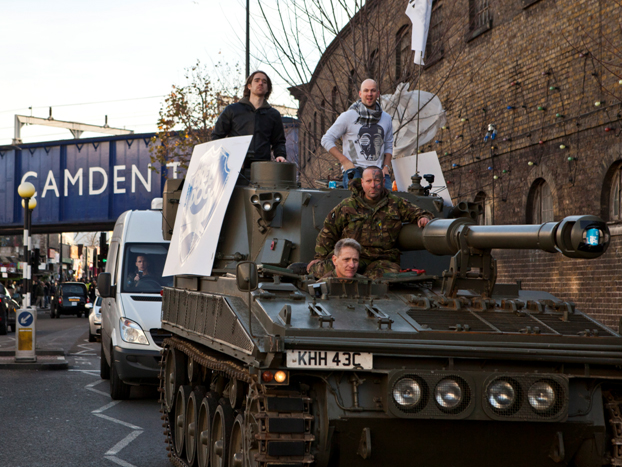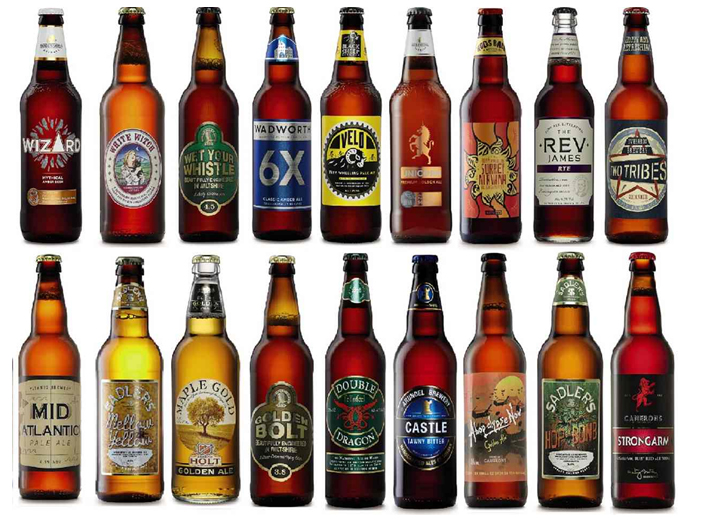They seem to have friends in high places (up in Scotland, that is). Probably following recommendations from northern power brokers, the two founders of Scottish craft brewer BrewDog have been awarded MBEs in the Queen’s Birthday Honours list.
Whose side is Diageo on: Britain’s or Scotland’s? Well, that’s the question which had the Sunday Times newspaper spewing bile on 5 June 2016. With the vote on Brexit coming up on 23 June 2016 and the campaign turning more and more unsavoury, both sides in the debate are lining up their supporters.
The festival season is upon us. This means overflowing porta-loos, four people in a small tent, and queuing for hours to buy a soggy burger. Music festivals in northern Europe are only for the hardy and the dedicated who don’t mind paying the equivalent of USD 10 for a deodorant stick. That’s why organisers advise punters to take with them reusable water bottles, sunscreen, toilet paper, wet wipes and condoms.
Clever marketing. London’s craft brewer Meantime has partnered with various designers and craftsmen in six UK cities over a six-month period in a bid to grow its presence outside the UK’s capital.
The billion dollar question: will AB-InBev pass all regulatory hurdles before 12 August 2016 when SABMiller is scheduled to pay out its final dividend of GBP 0.65 a share totalling roughly USD 1.5 billion? That is on top of the GBP 44 a share AB-InBev is paying SABMiller’s shareholders. If the deal is completed earlier, AB-InBev will pocket the dividend. If not, SABMiller’s present shareholders will.
Thielmann Container Systems has acquired the assets of WEW on 2nd of May 2016 and will continue operations under WEW Container Systems GmbH.
The European Union is the first major regulator to approve of AB-InBev’s USD 100 billion plus acquisition of rival SABMiller, on the condition that the brewer shed nearly all of SABMiller’s European assets.
The ongoing USD 100 billion plus takeover of SABMiller by rival AB-InBev has so far cost the London-listed beer giant GBP 111 million (USD 160 million) in banking and legal fees, as well as pay-outs to retain important members of staff. This was disclosed on 18 May 2016, when SABMiller reported full year results.
Will hipsters be taking their Audis to Aldi to buy craft beer? As of 30 May 2016, the discount chain Aldi has been selling a range of 18 UK-brewed craft beers in its stores. Aldi said it was tapping into the booming craft beer market, which is currently worth an estimated GBP 420 million USD 607 million).
Brussels’ hotels and restaurants had barely recovered from the November 2015 attacks in Paris, which killed 130 people, and made Belgian authorities put the entire city on a lockdown for weeks, when Brussels itself saw two bomb attacks on 22 March 2016, killing 31 people and injuring 270.


